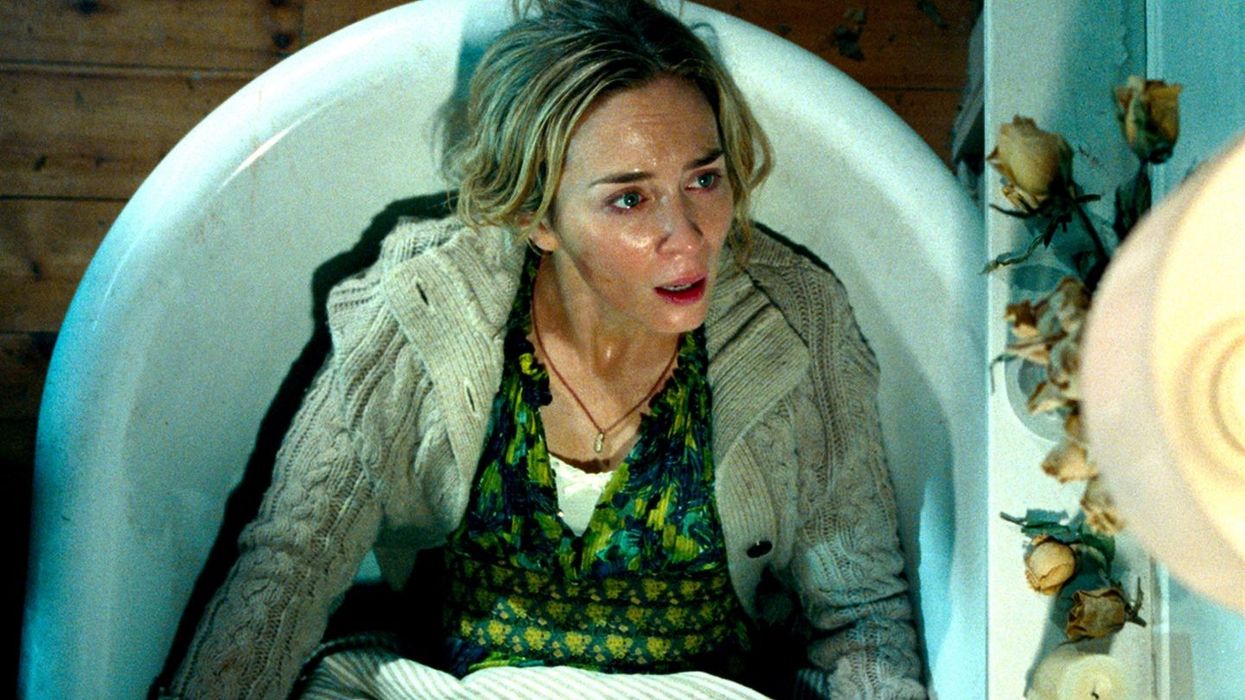Try the Screenwriting Workout Used by the Writers of 'A Quiet Place'
Writing a screenplay can be exhausting. You need to prep your body and your mind to crank out the best pages possible. Well, don't worry, the screenwriters of "A Quiet Place" have a workout plan for you!

When I sit down to write it tears me apart. I need a routine to make sure the pages come naturally and flow freely. But developing a routine to write is hard. You really have to build a day. And then you have to a build a day that sucks so you know what worked when you have a good day. I get up, walk the dog, make the coffee, and sit at my kitchen table. Then I wait for inspiration and hit the keys even if she doesn't come.
That's what works for me. Figure out what works for you.
And if you need some inspiration, that's where professional screenwriters Scott Beck and Bryan Woods come in.
The Beck / Woods workout plan!
Beck and Woods burst onto the scene with the screenplay for A Quiet Place. Since then they've rewritten, sold specs, and are attached to direct their first feature. They're young, creative voices that have a distinct way on the page. I was scrolling through Twitter on my own procrastination break and found this tweet from Beck / Woods describing their screenwriting day.
I found it really invigorating!
I thought the tweet was incredibly aspirational since lots of us have day jobs (I mean, I'm writing this article), but it reminded me of the goal we all have in the end. And for the weekend writers, it looked like a fabulous way to spend their Saturday and Sunday. Check out the expanded routine below.
I love the idea of organized procrastination. I think the way I work best is maximizing the morning, but I think it's equally important to make sure you rein in the afternoon and push toward dinner. A lot of my friends write at night and I think I edit well then, but if I am trying to produce a ton of pages or break an outline, I love working through the morning and afternoon.
The nightly viewing is also a great idea. Not only does it take the burden off Netflix roulette, but it also helps keep you focused on your idea and how to crack the tough parts of each situation. You can also use this time to see what tropes in other genres make the most sense for you to steal.
What works for your writing? Leave some inspiration in the comments!
What's next? Become a professional screenwriter in four steps!
I’ve recently been teaching a few courses on screenwriting, and inevitably when it comes time for the Q&A the first question asks the steps on how to become a screenwriter. Learning how to become a screenwriter isn’t an easy task. Part of the problem is that no two people have the same "breaking-in" story. Still, there are a few decent steps that apply to most screenwriters I know.
Click the links and follow our guide!












